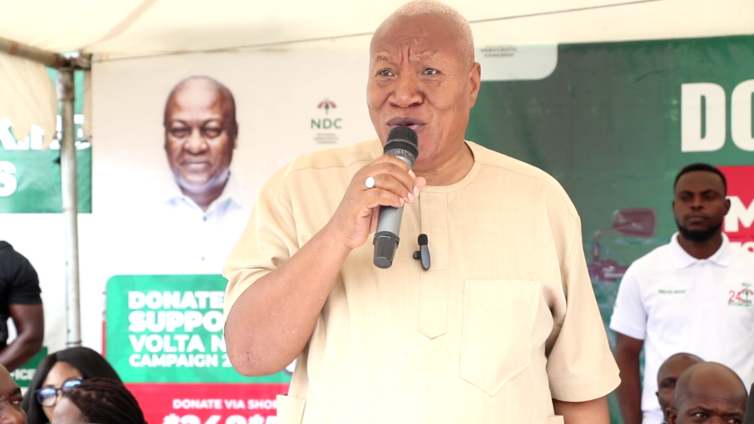Professor Joshua Alabi has recently provided an important clarification regarding the origins and future of Ghana’s Free Senior High School (SHS) policy, emphasizing that this initiative is not solely the accomplishment of the New Patriotic Party (NPP) government. As the Campaign Manager for the National Democratic Congress (NDC) and a prominent academic figure, he explained that the Free SHS policy is enshrined in the 1992 Constitution, thus asserting its foundational role in Ghana’s educational framework. Alabi noted that the concept of Free SHS was first developed under the NDC, gathering input from a wide array of stakeholders including business groups and community associations, long before the NPP assumed power.
Elaborating on the historical context, Alabi referred to the efforts made during former President Mahama’s administration, highlighting the Progressive Free SHS policy which focused primarily on enhancing educational infrastructure. The introduction of the E-Block project was one of the crucial steps taken during this period to mitigate anticipated capacity challenges as more students sought access to secondary education. However, the NDC’s progress was interrupted by their electoral defeat in 2016, which put a halt to the advancements meant to facilitate broader access to second-cycle education.
Critiquing the manner in which the NPP implemented the Free SHS policy, Alabi suggested that their approach came with significant drawbacks due to a lack of meticulous planning. He pointed out that the abrupt execution of Free SHS by the NPP led to challenges such as overcrowding and the controversial double-track system. Prof. Alabi contended that these systemic issues were a direct result of the NPP’s failure to anticipate capacity needs and adequately prepare for the influx of students that the policy would create. This critique underscores the need for informed planning in the educational sector to avert such complications in the future.
Looking ahead, Alabi laid out the NDC’s strategy to improve the Free SHS program should they win the upcoming 2024 elections, stating that they would not abolish the program but rather focus on refining and enhancing it. One of their main objectives will be to ensure that all E-Blocks and ongoing school projects are completed, expanding the reach of Free SHS even to private educational institutions, which could alleviate the pressure on public schools. By broadening access in this manner, Prof. Alabi believes that it can help meet the growing demand for secondary education in the country.
In addition to expanding accessibility, the NDC intends to implement a decentralized approach to school feeding programs, allowing head teachers and bursars to procure food directly from local markets. This initiative aims to simultaneously nourish students and stimulate local economies by buying locally. The emphasis on nutrition is part of a broader commitment to enhance the quality of education through practical measures, reinforcing the idea that healthy students are better learners.
In conclusion, Alabi called on the Ghanaian populace to see through the perceived misrepresentations by the NPP regarding the Free SHS policy. He urged voters to support John Dramani Mahama on December 7, promising that under an NDC government, the Free SHS initiative will be transformed into a more accessible, well-resourced, and effective program. His vision includes eliminating overcrowding, providing nutritious meals to students, and ensuring adequate supplies of textbooks, all of which are intended to significantly improve the quality of education for Ghanaian youth.


